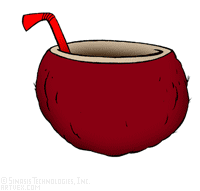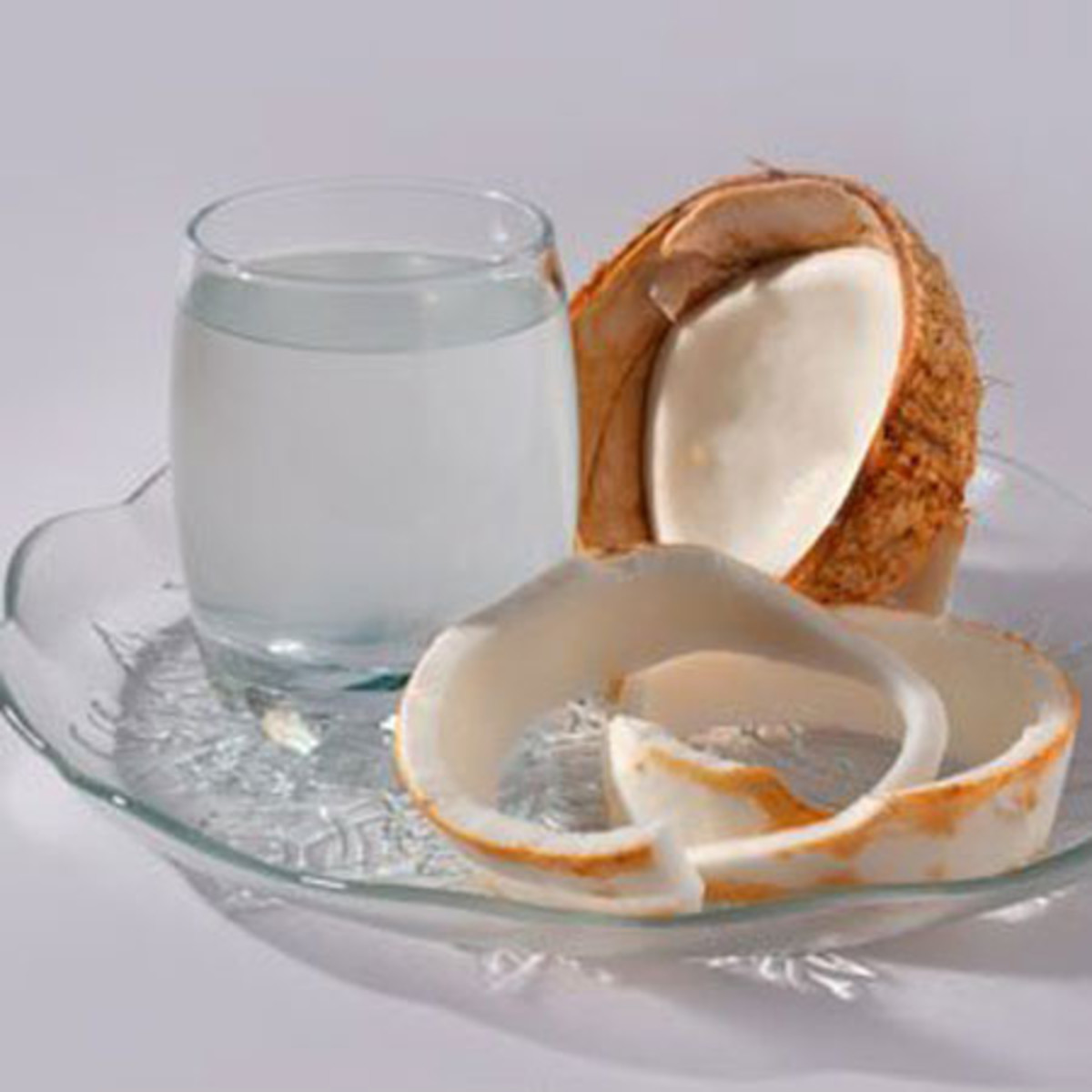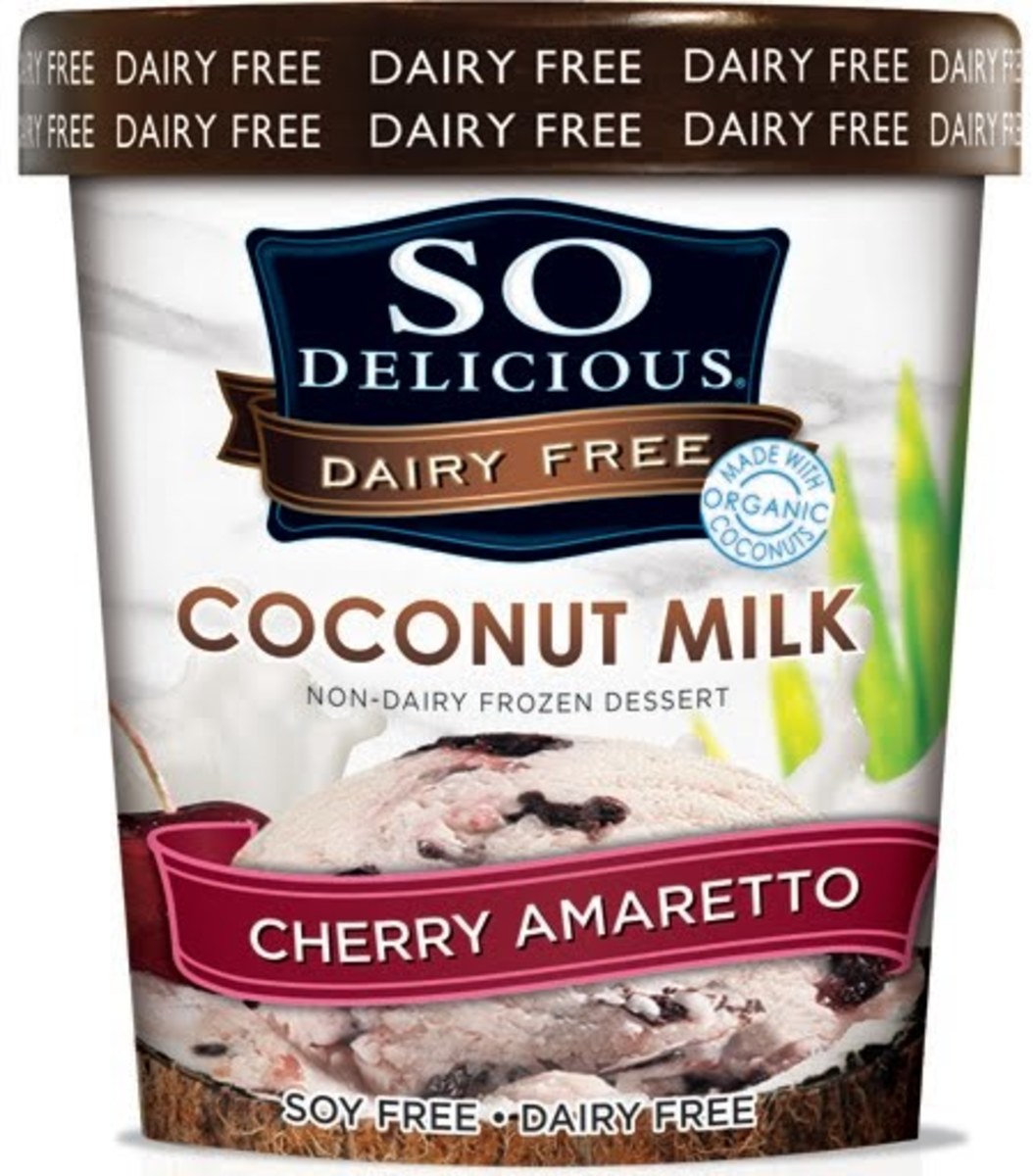The Many Benefits of Coconut Water and Milk
Benefits of Coconut Water and Milk
The health benefits of coconut water and milk has been known to many cultures all over the world. Additionally, coconut is used in several Asian cuisines, as well as in the West Indies, West Africa and Hawaii.
Here, in the US, Americans are beginning to appreciate this very nourishing way to gain important nutrients. Coconut water is full of vitamins and minerals. The water is also full of electrolytes. It is recommended for women who are lactating, as it contains lauric acid - which is found in mother’s milk. It is also good for when you are ill.
While you can find it pre-packaged or pre-bottled here in New York City, you can drink it directly through the eye of the coconut. There will be three eyes on the coconut and one eye is usually soft enough to push a straw through.
However, it is not the watery part that coconut milk is made from. It is the white part, or the flesh that the creamy milk is made from.
To pick a coconut:
Shake it to see if there is any water left. If you hear water, the coconut is fresher.
Use the coconut water before opening it to make into milk or to shred it.
To open the coconut:
My father used to use a machete - and he opened it perfectly. But it is recommend that you either place it in a 350 degree oven for about 10-15 minutes, until the shell cracks. Or do what most people do and place it on a hard surface and hit it with a hammer.
How to tell if it’s fresh inside:
Creamy white flesh should be stuck to the shell walls. If the flesh is yellow, it is most likely rancid and should not be used.
If the coconut has fairly thin white flesh it can still be used but it may not be creamy enough to use in recipes. In this case you can add coconut fat.
To make your own coconut milk:
Score the white flesh several times with a paring knife, until the knife hits the brown shell. Taking great care, slide the paring knife under the flesh, pry it up and release the chunks from the shell. After all the chunks are removed, place the chunks in a blender with enough water to cover. Put the blender on ‘puree’ and add more water as the liquid thickens and the chunks reduce in size. Pour the liquid through a fine mesh strainer, and press through with a wooden spoon. Add more water to this mash, and blend again. You may have to blend once or twice more until you get the consistency you desire.
Just as there is healthy cholesterol there is also good-for-you saturated fat, and coconut contains this naturally occurring saturated fat. This fat is beneficial, nourishing, easily digestible, and metabolized by the body - which then converts it to quick energy.
Further - almost 50% of the fatty acid found in natural coconut is lauric acid which is also found in mother’s milk. Lauric acid has been shown to encourage brain development and bone health.
Previous erroneous research about coconut oil:
At least 4 decades ago, faulty research claimed that the saturated fat in coconut oil raised blood cholesterol levels and caused heart disease. However, this study used hydrogenated coconut oil - and it is this processing of the oil that creates TFA’s (trans fatty acids) which are harmful and toxic to cell membranes; they block the utilization of essential fatty acids, and impede cell function. What does this mean?
It means that TFA’s lower the healthy cholesterol (HDL) and raise the bad (LDL) cholesterol. It is therefore, the TFA’s that cause the blood cholesterol to rise, not the natural substances found in coconut oil.
Lauric Acid Benefits:
Lauric acid has been shown to have an unfavorable effect on many microorganisms in the body including yeast, fungi, and bacteria. Further, it also has anti-carcinogenic and anti-viral properties. Because lauric acid has the ability to envelope viruses, researchers are investigating its usefulness for the herpes simplex virus, the flu, the measles, and other auto-immune diseases.
Coconut also has a small amounts of capric acid; this acid has been shown to stimulate antimicrobial action. Coconut has been proven not to cause heart disease. A diet that contains coconut provides many well being benefits and is an immune system booster.
For further information about healthy oils, including coconut oil, please see the resource links.

Healthy Oils
- Healthy Oils: 5 Fruit Oils
All oils and fats are 100% fat. However, the components that make up that fat structure of each oil are important in determining whether or not the oil or fat is considered healthy. It is a myth to... - Healthy Oils: 9 Nut and Seed Oils
All oils and fats are 100% fat. However, the components that make up that fat structure of each oil are important in determining whether or not the oil or fat is considered healthy. It is a myth to believe...








